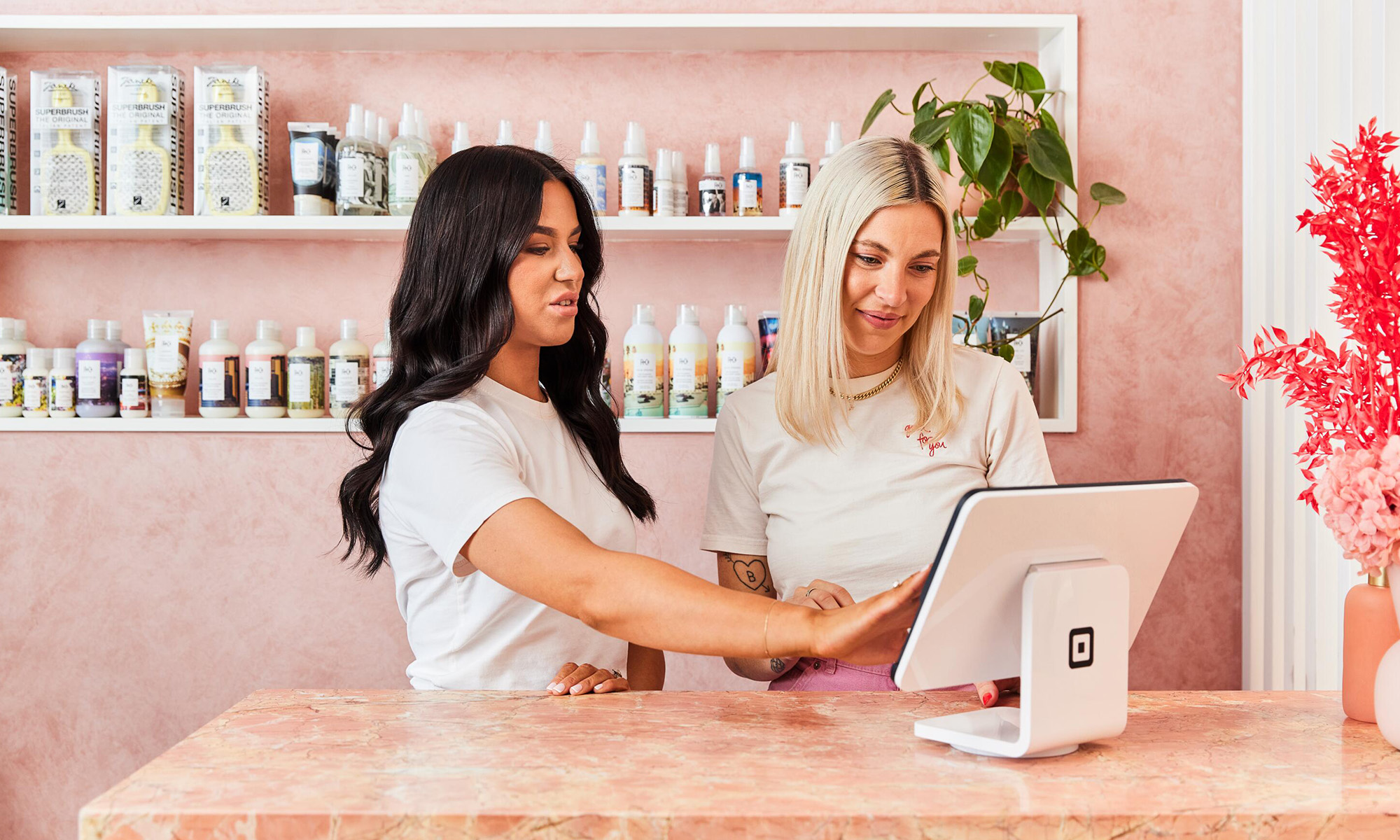If you're a parent, it's sometimes not easy to see the value of letting your child do things that may impact his or her school work.
That includes sports and other extracurricular activities, but the biggest dilemma for many parents may be whether their child should be allowed to get a job. That's not a simple question, because while it's easy to see the value of work, it's also reasonable to consider that working will take focus away from the young person's studies.
In this segment from Industry Focus: Financials, host Gaby Lapera is joined by Fool contributor Daniel Kline to discuss how they feel about teenagers and working. Kline argues strongly in favor of not just work, but also the value of spending time wisely. The pair also share what their worst jobs were and some lessons they learned from working that help them today.
A full transcript follows the video.
This video was recorded on June 28, 2017.
Dan Kline: There's all of those dilemmas. As a parent, if your kid has an after-school job, is it taking away from their studies? Is it stopping them from doing an extracurricular activity? And I'm fine with my son not working if his off-time is focused. I'm all in favor of having some down time, playing some video games, swimming in the pool, do whatever you want. But if he's going to spend three or four hours playing video games, that to me is not the equivalent of saying, "I want to volunteer at the soup kitchen." If you want to do that instead of working, that's fabulous. If he throws himself into learning how to paddle board or whatever ridiculous thing he likes, I'm fine with that, as long as it's a useful pursuit. But actually making money and learning how to deal with that and what it takes, it's not just about the money. We've both had bad jobs. We've talked about this before.
Gaby Lapera: Definitely.
Kline: It teaches you what you don't want to do. Not that I was going to become a professional coat check -- I don't know that that's a job. But one of my first jobs was being a coat check. And on the surface it's a dream job. You do nothing for three and a half out of four hours. The caterer feeds you, so you get a good meal, as long as you're nice to them. But what I hadn't banked on is that I worked at a temple, and every man had the same brown raincoat and lost his coat check. So at the end of the night, it was just a half-hour of miserable chaos of people being like, "Oh, it's the brown L.L. Bean raincoat." Like, [laughs] that's every coat here! So I knew that the trade-off of having three and a half hours where I could read a book was not worth the half-hour. So for me, work has always been about being steadily engaged. I learned that at a very young age, that I wasn't in pursuit of easy; I was in pursuit of busy. And I think you've learned, you aren't doing what you set out to do, in a very delightful way.
Lapera: Yeah, absolutely not. I think this is also a really important facet of kids working, because it's a really low-stakes way of trying a lot of different jobs. I have worked at horseback-riding barns, I've bartended, I've tutored. I also had paid internships, which I think should also count as jobs even if they're limited term, I've had unpaid internships as well at the Smithsonian, at the U.S. Senate, all sorts of different places.
Kline: It's all about experiences.
Lapera: And I learned that I didn't want to be in politics after working at the Senate. I learned that I would not be a good teacher after volunteering with special-needs kids. Like, it's a really good way to learn what you're good at. The job that I have now, I work as an analyst and an editor -- I started working as an editor when I was 19 at an internship, a paid internship. If you can get those, those are the best.
Kline: Wow, as an editor, that's tough to come by these days.
Lapera: It was actually a biological anthropology internship. We had all these manuscripts constantly revolving through the office that were up to be published, and I was kind of a cheap way to edit all this stuff before they went to an official editor. And the longer the editor took to edit it, the more they charged, so it was way better to run it through me first. That's where I learned all my skills. But it's a good way to try a lot of different things. I think the other thing it's really good for -- so, learning about money, figuring out what you want to do, and learning how to be professional.
Kline: The interns here at Fool have figured that out. Not every intern I've dealt with has quite mastered that.
Lapera: Yeah. It's really important to know, like, you have to show up on time for your job or you lose it.
Kline: This is something we've talked about in our career content a lot. The colleges do not do a good job teaching kids how to get a job. Going to an office and learning -- and the Fool is pretty casual, as you can tell by what we're wearing, though we're both wearing very formal outfits under the table, but on the top, very informal.
Lapera: Basically tuxedos.
Kline: But some places you go, they expect you to wear a suit. Or there's a different standard, maybe a uniform. And kids are not prepared for this. So you're going to make mistakes. If you're an intern, you are going to learn, at this company, every meeting starts five minutes early, or five minutes late. I worked at a very large company that, because the conference rooms were booked wall to wall, 2:00 to 3:00, one ended at 3:00 and one started at 3:00, your meeting could never start until five minutes late. Learning whatever those corporate cultures are, whatever the ethics are, how you approach the boss, and you find out different things about yourself. My first job, real professional adult job, was working at a magazine doing their phonebook. And it was a lot of faxing, getting people to fill out forms and proofreading and making sure it was right. And the boss there, who is still the boss there, was a yeller.
Lapera: Oh, no.
Kline: But it was all bluster, and there was nothing there. So I learned right away that this doesn't bother me. I can put up with a boss who explodes, because he might be really mad, but I know he'll get over it very quickly. So I learned that I could work for this type of person. And it helped me get a leg up at a place where a lot of people didn't want to work. It wasn't always super pleasant. But you start to figure stuff out. You learn, even though everyone always said you'd be a good lawyer, you don't want to be a lawyer. In fact, you hate the concept of being a lawyer.
Lapera: Yeah. But it's even those skills that are required to operate in a professional environment. Like I mentioned, timeliness, coming to work, completing your work at all. I sometimes think -- because, I was a graduate teaching assistant at the University of Nebraska, and I used to teach students who I always thought, if you'd ever had a job you would know this behavior doesn't work in the real world. When you get homework and you don't turn it in, the consequence is that you get a bad grade. For a lot of kids, it didn't seem to really matter to them that much. But I'm like, if you're out in the real world and you don't turn in your work, you can get fired and then you have no money.




